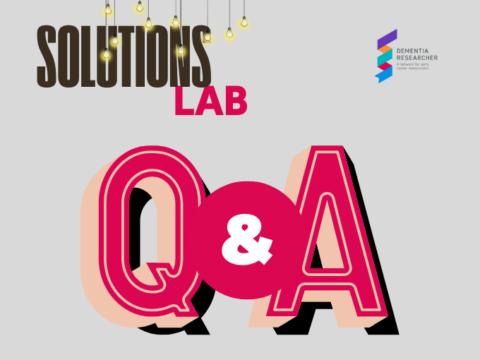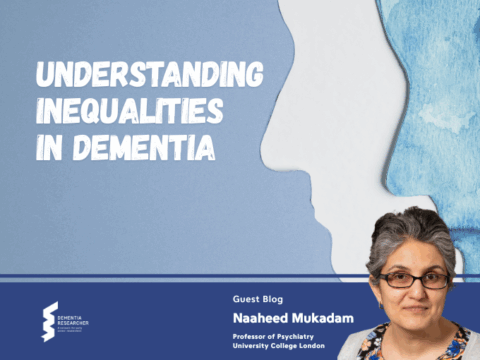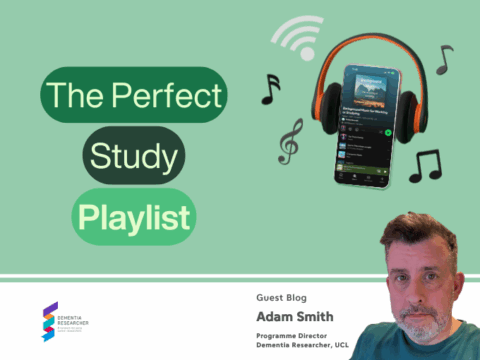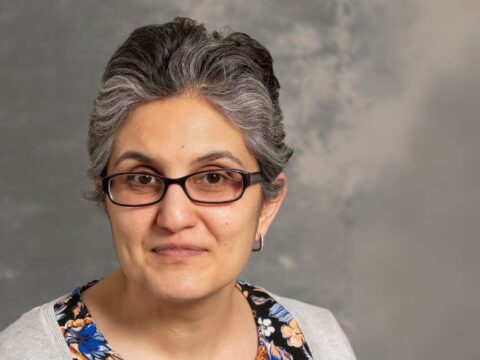For years, I reckon since starting my most important school exams, I have placed immense pressure upon myself to do well and dedicate so much time to my studies. This was always overwhelming, but as a dedicated student I felt it was normal. I also felt that I couldn’t perform to the best of my abilities without this huge pressure and massive expectation I had of myself.I got good grades and I loved all things academia, so this worked well most of the time – until it didn’t. I remember feeling distraught if I didn’t achieve the grade I hoped I would. Even when I was getting A’s, I felt like the mark should have been higher or the feedback should have been better. I would become overwhelmed and sometimes so stressed that I couldn’t cope with the workload and everything going on in day to day life. I remember that during one year of exams at university in particular, I was so stressed that I struggled to sleep, eat and even when exams were over, I still felt anxious.
While my experience at university wasn’t constantly this extreme, it was the relationship with academia that I knew and I thought it was normal for a long time. I recently had to take a short break from university due to external factors and for my own wellbeing. This was only a break of around a week or two but having not taken a break from university, studying or working for the past 5 or 6 years, it was a little alien to me. Beforehand, I had been waking up at 6am to get some work in before breakfast, working through my day in-between meals and occasionally making time to exercise after 10 at night before winding down. I was working for long hours and also working part time alongside this. I wasn’t finding the time I needed for my friends and family but I felt guilty for not working myself hard enough if I did. I allowed university to get in the way of having any sort of personal life.

Perfectionism may lead to increased feelings of stress and anxiety. The following looks at how perfectionism is linked to fear, anxiety, and panic disorder.
The break was a shock – but it was so needed, so welcome, and has totally changed my relationship with university and academia. I took the time to step away from everything I was doing and look at the bigger picture. I began to realise that, for example, if I didn’t manage to stick to my strict revision schedule, was it really the end of the world? While I may have felt it was beforehand, I now realise that while I can try my best to do so, if I don’t stick to the workload I have set for myself, at least I have attempted as much as I can. I’ve learned that sometimes, our bodies know what is best for us, even if our mind hasn’t really caught up yet. I now know that giving myself some breathing space and a rest when I need it can actually be far more beneficial than pushing through and becoming frustrated with my performance.
I now allow much more time for the things that I enjoy and the things that are healthy for me outside of working. I started running and exercising more, which provides me with some relief from sitting at my desk all day. If I’m feeling tired and overworked, I allow myself to rest and to sleep in when needed. I was so determined to become a morning person and felt that if I wasn’t “productive” in the morning then I wasn’t succeeding. While I do enjoy mornings, I no longer force myself to spend them hunched over my laptop working before the world starts to wake up. I take the time I need to sip a morning coffee and start my day on a better note, and if I need to recharge, I take the extra time in bed. I try to go on daily walks and set aside time each day to speak to friends and family and to catch up. For the first time in years, I am finally making my way through TV shows I have been longing to watch instead of spending my evenings re-reading essays and notes that I have already spend hours reviewing.
While this may be a correlation rather than a causative relationship, my grades have actually increased following this break and the changes I have made in my life.
This has gone against every expectation that I had but it is so welcome after so many years of being terrified to cut myself some slack in case my grades suffer at all.
I’m no expert at achieving this balance, but I suppose the main thing I have learned is to allow myself to live a little alongside university. Following the pandemic, I think we’re all aware of how fragile life is and how easily it can change, and I no longer want to spend my time being unhappy at university. I want to enjoy my learning but also enjoy the overall experience much more. If I do well coming out of this Master’s degree then I’ll be delighted. If I don’t do as well as I might have hoped originally, then I know that I have tried my absolute best under the circumstances, but I also know that I have put myself and my wellbeing first and that I won’t regret that.
While not everyone has the luxury of taking some time away from their studies or work, particularly in academia, I would encourage everyone to make some small allowances for themselves. Give yourself the time you need to enjoy yourself without feeling guilty. Hard work deserves to be rewarded and your health should always come first.
As always thanks for checking out my blog, and I’ll see you next month for an update on what exactly I have learned during my Master’s degree so far.
Morgan.
Author

Morgan Daniel
Morgan Daniel is an MSc Student at University College London, studying the along the ‘Dementia: Causes, Treatments and Research (Neuroscience)’ track, Originally from Loch Lomond, Morgan completed her BSc in Psychology and Neuroscience at the University of Glasgow in 2019, and she hates all forms of potato! Morgan is sharing her MSc journey during 2020 / 2021 with NIHR Dementia Researcher.

 Print This Post
Print This Post




